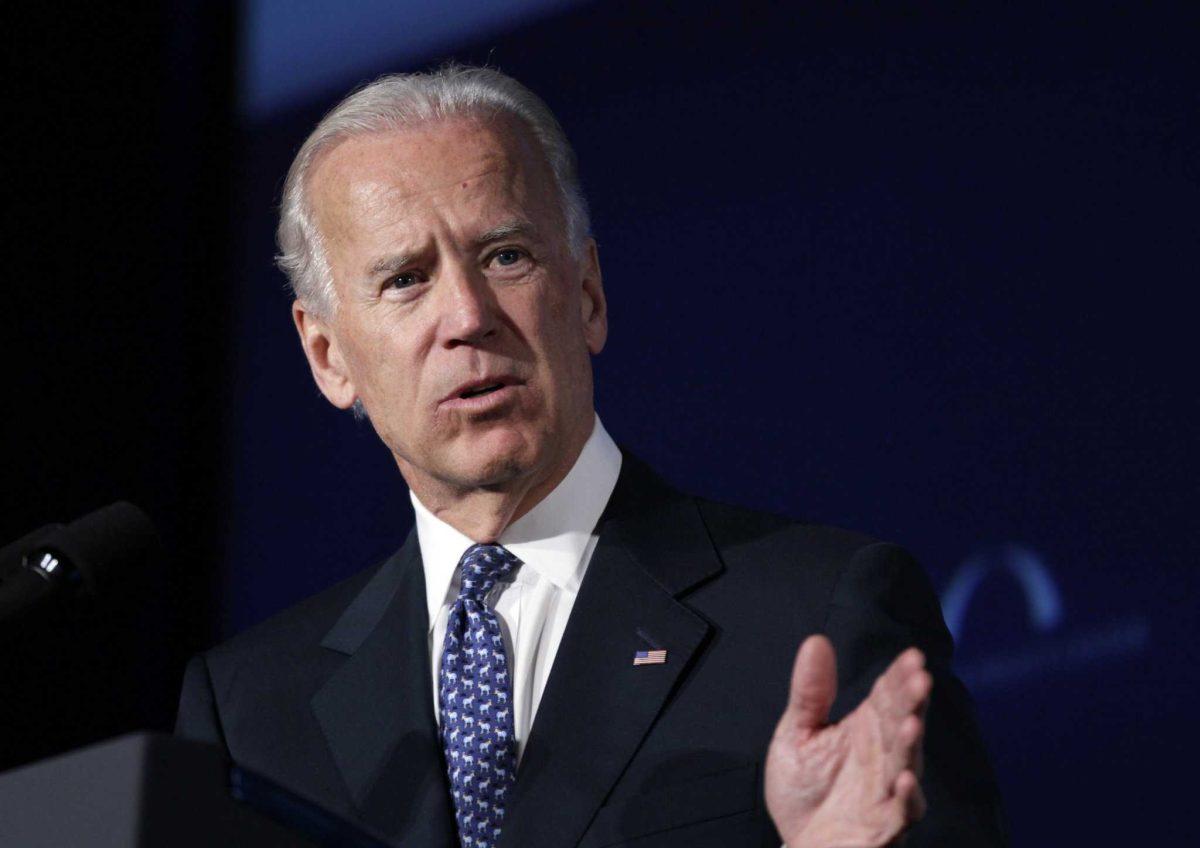Over the past few weeks, Vice President Joe Biden has appeared on the popular primetime television show “Parks and Recreation,” President Barack Obama met gymnast McKayla Maroney and emulated her “not impressed” face and Secretary of State Hilary Clinton continued to show up in a meme that shows her texting on an airplane.
Political figures inserting themselves into popular culture dates back to the beginning of mass media in the United States, when then-presidential candidate Richard Nixon appeared on a much-watched television show in the 1960s, “Rowan & Martin’s Laugh-In.”
Director of the Reilly Center for Media and Public Affairs Bob Mann said politicians have adapted their advertising methods since then.
Mann said instead of being able to place television spots within newscasts, there are different, more specific demographics politicians are targeting.
“The Internet is a whole different kind of audience,” he said.
Much of those on the Internet are the younger voters, and media outlets have attributed high voter turnout in 2008 and 2012 to the young voter as reached through their media.
Political science professor James Garand said candidates use pop culture assimilation as a way to humanize themselves.
“It can be frustrating from a political science standpoint. On one hand you think, I want to see your position on the issues, but I long ago realized you need to look at feelings of empathy,” Garand said.
The question of who a constituent would rather have a beer with is a common way to determine a candidate’s likeability.
Media outlets in the past election latched onto the idea of former Republican presidential candidate Mitt Romney’s inability to drink beer due to religious views to make him seem out-of-touch.
Garand added former president George H.W. Bush to the list of unsuccessful attempts at relating to the American public, citing his trip to a grocery store in which Bush revealed his ignorance about bar codes.
“He didn’t get it,” Garand said.
Bill Clinton playing the saxophone on “The Arsenio Hall Show” during his 1992 presidential campaign? He got it, said Garand.
French sophomore Catherine Hudson said in France, candidates are not allowed to be funded by outside sources, which levels the playing field.
“I don’t think that they should be a part of pop culture, I think that they should be specifically a candidate,” Hudson said.





